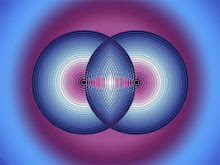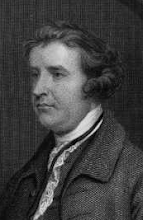Separation of powers is the central structural feature of the United States Constitution. The division of power among the three branches—legislative, executive, and judicial—is necessitated because human beings are imperfect. The imperfection of human nature means that well-structured government is necessary, though not sufficient, to prevent tyranny.
The United States Constitution is structurally designed in part to prevent tyranny. Separation of powers is the means by which power is divided and its accumulation in the hands of any single entity denied.
During the 1780s, most states had constitutions that formally divided the government’s power, yet in practice the legislatures dominated. The state constitutions required separation of powers in theory, but failed to deliver it in reality. As a result, the constitutions were little more than what Publius called “parchment barriers.”
In order for separation of powers to work, each branch of government must have the “constitutional means” to resist the encroachment of the other branches. This is what today we call “checks and balances.”
In addition to institutional checks and balances, there exist also the “personal motives” of people that will lead them to resist the encroachment of the other branches. Human nature is constant across the ages, according to Publius, and human beings are naturally ambitious. Instead of ignoring or attempting to suppress ambition, the Framers sought to channel it through the Constitution, so that it might serve the cause of liberty and justice rather than threaten it.
The Framers understood that human nature has noble characteristics that are essential to self-government, but also that it contains baser features, for which government must account. The Constitution’s structural separation of powers recognizes this truth, and in preventing tyranny makes self-government possible.
---
Defining Tyranny - James Madison, Federalist No. 47:
"The accumulation of all powers, legislative, executive and judicial, in the same hands, whether of one, a few, or many, and whether hereditary, self-appointed, or elective, may justly be pronounced the very definition of tyranny."














































No comments:
Post a Comment